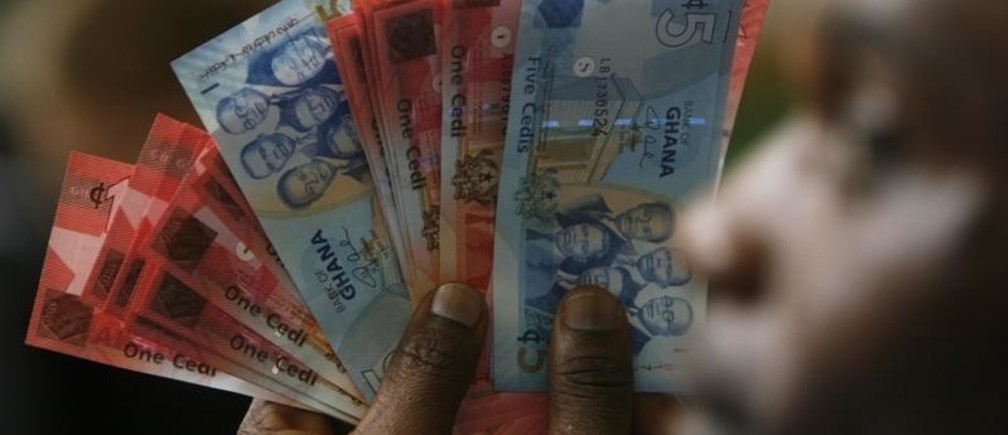Plans are underway for Ghana to launch social bonds, a first in Africa, capitalizing on an instrument that has boomed since the COVID-19 pandemic began.
The government plans to borrow up to $5 billion on international markets this year, and use the proceeds from these sustainable bonds to forge ahead with a free secondary-school initiative started in 2017 among other educational and health programs.
Despite the boom in green and social bonds, only a few countries like Ecuador and Chile have sold them. Speaking about the plans, Finance Minister Ofori-Atta said, “The expectation is that the bonds will be issued in the fall and the maximum can be $2 billion,” after Ghana already sold $3.03 billion in March out of the $5 billion for which it has budget approval. Out of the total, $3.5 billion will be used to refinance debt already raised. Our actual new debt will be $1.5 billion.”
However Ofori-Atta expressed caution saying that sustainable bonds “are not cheap, there is no discount. We will seek to negotiate for the best terms though.”
After recording its lowest economic growth in 37 years, Ghana is targeting to expand gross domestic product (GDP) by 5% from 0.4% last year, and cut the budget gap to 9.5% this year from 11% of gross domestic product in 2020.
The West African country is also working to improve tax revenue collection, which has historically been low compared to regional peers. This comes after President Nana Akufo-Addo said the tax base was set to grow more than fivefold to 15.5 million cedis after the government’s April 1 implementation of a system where all national identification numbers serve as tax numbers.
“We really want to be able to double our tax revenue to about 28% of GDP using digitalization, so we can create a much more vibrant economy in the next three years,” said Ofori-Atta.
The government is aware though that to attain its targeted economic success, strides have to be made to achieve herd immunity and fully open the economy. Its ambition of vaccinating 20 million people against COVID-19 has become a challenge, mainly due to vaccine nationalization, Ofori-Atta said.
“The Western world may have about 68 doses per 100 people while Ghana has 2 doses per 100 and that cannot continue.”
Africa’s largest gold producer has only received 1.3 million free vaccines, mainly from the World Health Organization (WHO)-backed COVAX scheme, and smaller donations coming from the Indian government and Africa’s biggest mobile operator, MTN Group.

